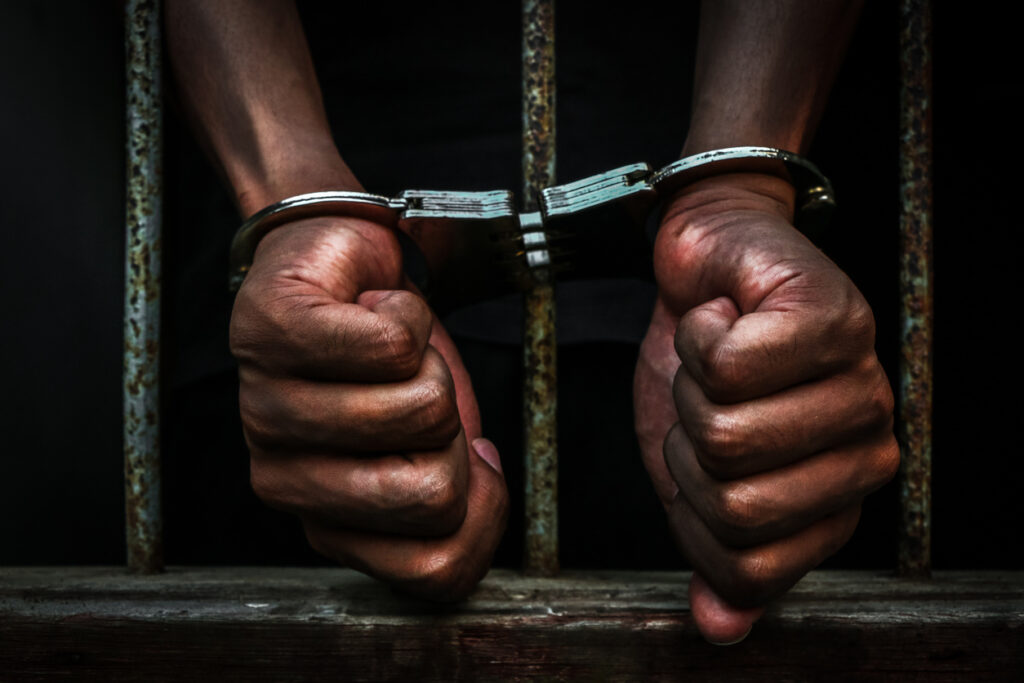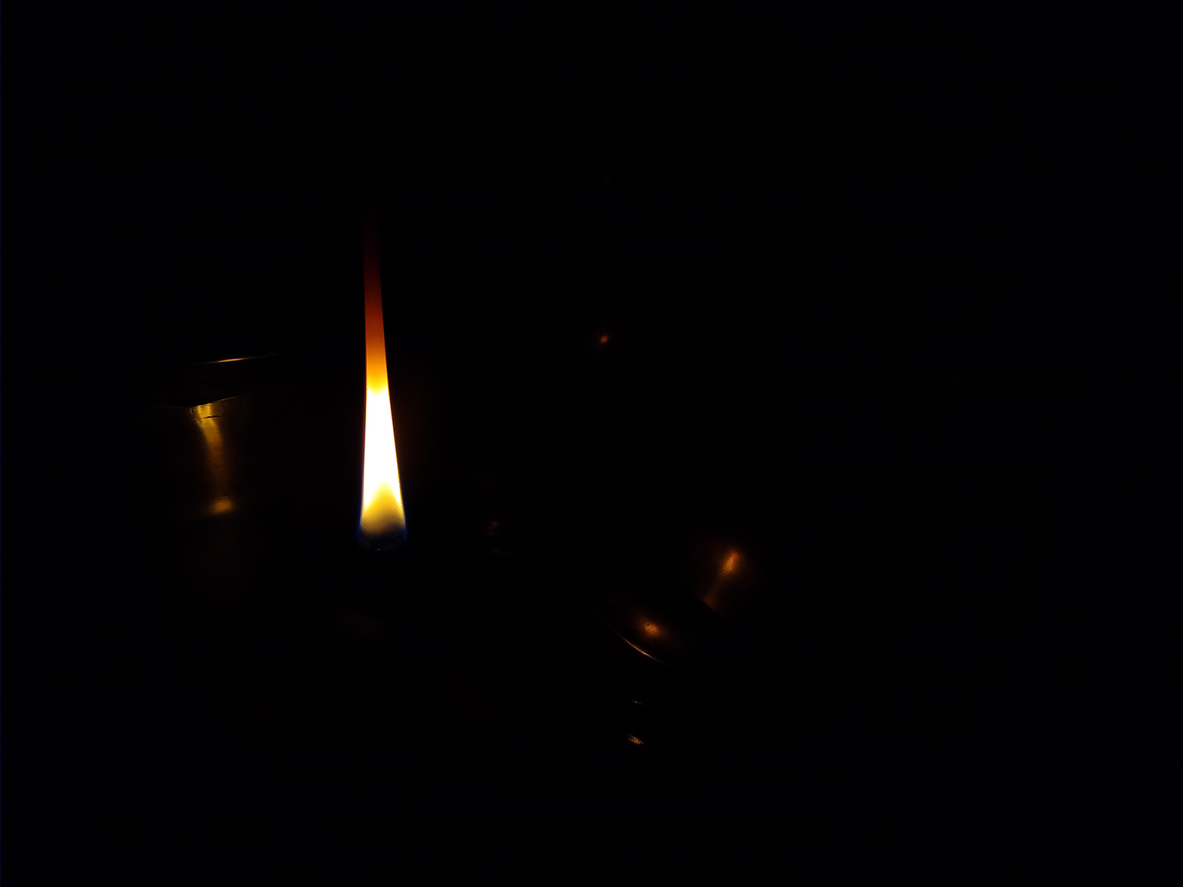A note from MTOC cofounder Pam Bailey: In our report, “Voices from Within the Federal Bureau of Prisons,” one of the institutions within the FBOP that generated the largest outpouring of stories is the medium-security FCI Hazelton in West Virginia. Earlier, I published the saga of Jesse Skinner, a Native American who has been subjected to repeated harassment and abuse as punishment for his insistence on filing grievances against the system. Unfortunately, the abuse has not ended. He continues his tale here:
On May 6, at about 6:15 p.m., I was headed back to my cell from the law library. I had just completed two different legal motions, with copies for my dad. All the documents were in stamped envelopes. As I approached my unit, Officer D. Glisan said, “Come over here, Skinner; you know the drill.” (Glisan is the cop who had been harassing me constantly, shaking down my cell and pat searching me.)
I handed him everything I was carrying. He ordered me to turn around and put my hands in the air. Then he began to systematically go through my legal materials, for the next 20 minutes. After that, he did the usual pat-down, very thoroughly touching me all over my body. He got to my wallet and pulled it out. Soon, he called the other compound officers and said, “I have something to test.” A team came and handcuffed me, clicking them tightly. I requested that my legal materials be brought with us (SOP in that situation). They said no and told Glisan to deal with my papers. I also asked for my Native American religious bandanna; again, the answer was no.
As they escorted me away, one officer said, “That’s all we need is some more Indians around here” and burst out laughing. The cop in the front asked what they found on me and he was told, “Paper with lines [of drugs] on it.” The officer holding me by the arm added, laughing, “I bet it’s amphetamine or heroin.”
They locked me in a holding cell in the lieutenant’s office with the cuffs still on my wrists, behind my back. As I paced back and forth, the cuffs kept clicking until they cut into my flesh — so tight my hands went numb. The window was covered so I couldn’t see the officers, but I shouted at them to please loosen the cuffs. They laughed and called me vile names. I pleaded again; the pain was that great. Eventually, I withdrew into a shell.
Finally, after a little more than an hour, the officers uncovered the window and said I was going to the SHU [special housing unit, or “hole,” used for punishment]. I requested medical attention and was denied. As soon as I walked into the door of the SHU, I saw eight cops. The one standing behind me grabbed my cuffs and pulled them upward. I almost fainted from the pain and screamed out. Tears literally shot out of my eyes. The officers laughed and shoved me into a holding cage. They told me to back up to the door so they could take my cuffs off. I complied and the cop reached in and yanked the cuffs toward him. I screamed out in pain. As he unlocked the cuffs, I nearly blacked out. My hands were black and blue where the cuffs had dug into my flesh. The officers walked away, so I stuck my hands though the food slot so the camera could see them.

Over the following hours, the officers used ever ploy in the book to get me to react to their comments and gestures, so they could spray me with mace or beat me. I refused to react. They made me take my clothes off and told me to touch my toes and spread my butt cheeks. They did this three times, saying I wasn’t doing it correctly and laughing. Finally, the torture stopped and they gave me orange SHU clothing to wear. They cuffed me and took me to cell 127 on Range 2.
It was now eerily quiet. In the SHU, they gave me a mat that was less than one inch thick, a blanket and two sheets, along with one pack of soap (0.35 oz.) and powdered toothpaste. The powder is like brushing your teeth with baking soda. I was not given a towel or wash cloth. I was also not allowed even one book to read and radio and newspapers are banned in the SHU.
We’re supposed to be served any incident report filed against us within 24 hours, but it never came. I filed a sick-call request, but I never got to see anyone from Medical. On Tuesday (July 12), members of the executive staff come through the SHU. My counselor and case worker came to my cell and told me I was under investigation, but it should get expunged and that I’d be out soon. It’s unheard of to drop an IR without a disciplinary hearing! On Thursday morning, I was released from the SHU. When I got to the unit, my fellow inmates told me that the officer refused to pack any of my personal belongings (including almost $400 worth of commissary items), so other prisoners stole most of my property.
As I investigated more, I was told that an incident report had been issued, claiming I possessed heroin and Suboxone. But then staff expunged it. Rumor has it that there was no evidence of drugs. That means someone told the truth. My humble prayers were answered. God intervened. (As for Glisan, he disappeared for one day, then returned, now armed with riot gear and a huge can of lethal pepper spray.)
I believe a triple cross was at work. My cellie wanted to steal my commissary items; Glisan hated me for unknown reasons; and he collaborated with SIS (the internal investigation arm, which colluded with someone else higher up in the Department of Justice. But then somebody came forward and reported the truth. I don’t know his or her motivations, but perhaps there is a person with a conscience within the FBOP.




